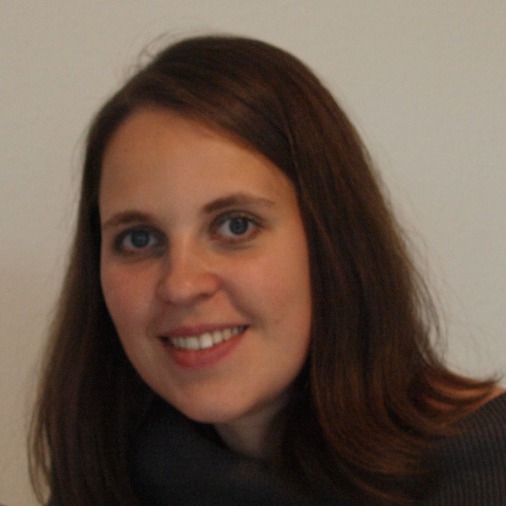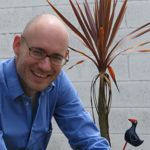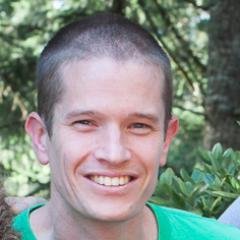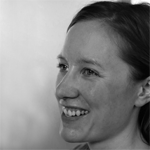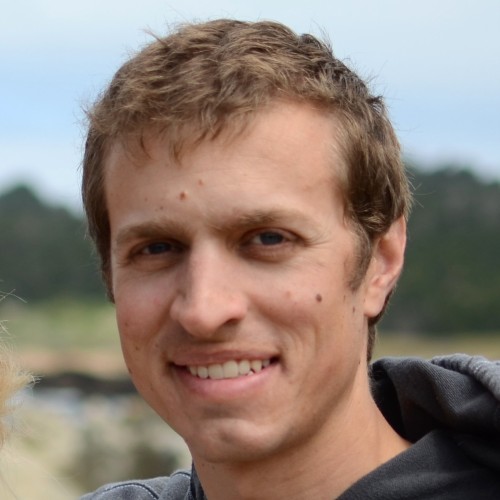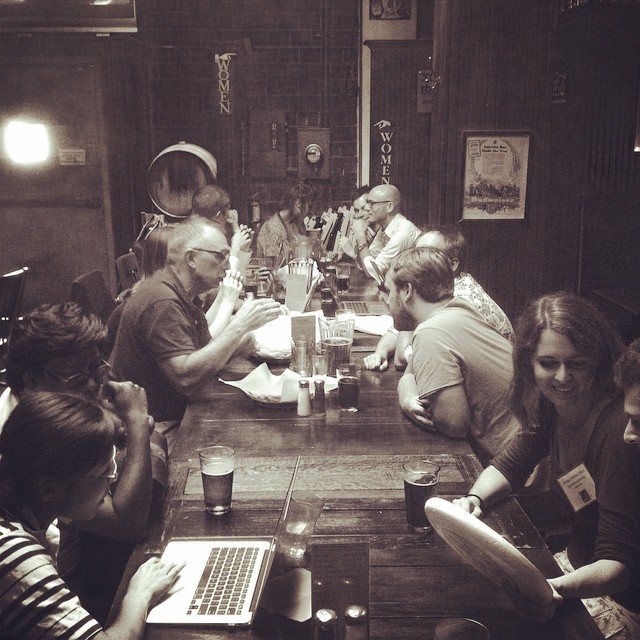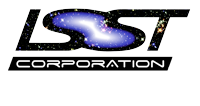Astro Hack Week is a week-long summer school / hack week / unconference
focused on astrostatistics and data-intensive astronomy.
The mornings will be a typical summer school format, with lectures and exercises covering essential skills for working effectively with large astronomical datasets. The afternoons will be entirely unstructured, and offer opportunities for collaborative research, breakout sessions on special topics, and application of the concepts covered during the morning sessions. The vision is to provide a space to encourage learning, research, collaboration, and sharing of expertise, for the benefit of both young and experienced astronomical researchers alike.
Blog
Your one-stop source for all Astro Hack Week 2015 news and developments.
People
Meet the hack week organisers and lecturers.
Schedule
Preliminary schedule for the hack week.
